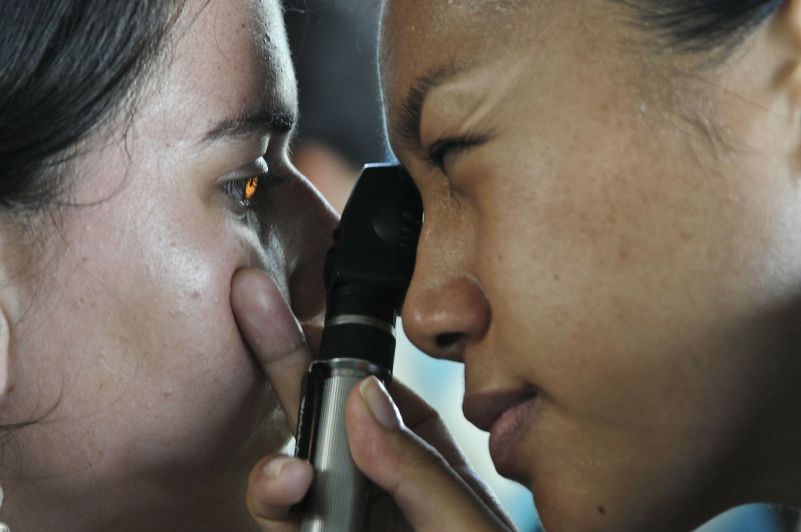Companies often require health-related screening tests before and after hiring candidates to ensure these people are fit for the job.
Any results of these tests cannot be used to discriminate against a worker. All their medical history and records should be confidential and made separate from their other records.
Any decent employer should heed their duty to nurture their workforce, and this requires understanding the potential risks of each existing and potential employee.
A health-screening test helps manage any risk to avoid any illness and injury to an employee and their fellow workers.
Here are the most common health-screening tests one should expect as part of a workforce.

Tests for Alcohol and Drugs
Tests for drug and alcohol use are, by far, the most common form of health screening. This helps an employer determine the responsibility of an individual and their ability to remain professional in a work setting.
These are often randomly requested to protect companies from a subpar performance or negative customer interactions caused by a worker under the influence of these substances. After being hired, employees usually have to sign an agreement that allows themselves to be tested.
Tests for alcohol and drugs require a sample from the individual in question, with hair, urine, blood, being the most commonly used. If you plan to apply for a federal job, the military, medical community or you wish to pursue a political career, drug tests beyond the average count should be expected.
Alcohol is very hard to detect, even if tested near someone’s last consumption. Some drugs, like marijuana, stay in the body for much longer. If you’re a regular user, you need to know the facts if you want to pass your health screening.
Physical-Fitness Test
Employees are often required to undergo medical examinations to assess their health. Vital parts of the body that are required to function properly in the work setting are tested before and after the candidate is hired.
For example, blood sugar levels are tested to see if an employee has diabetes. By being informed of a worker’s condition, employers can help create a more efficient work environment for them that reduces the risk of illness or injury.

Depending on the job, companies will also test their employee’s physical ability to perform specific tasks or their strength in different muscle groups. These tests determine if a person’s overall stamina and strength fit a physically taxing job.
As a result, most physical- and manual-labor sectors conduct physical-ability testing before hiring potential employees. Some jobs require an individual who is not only physically fit but also has the needed stamina, strength, and flexibility.
One example of these types of tests is, in which job seekers are asked to move weight to a certain distance.
Mental-Health Test
Mental-health tests are relatively rarer than the previous two but not uncommon. This is because companies are required to abide by the Americans with Disabilities Act (ADA). Through this law, any disabled individual, whether mentally or physically impaired, is protected from any discriminatory acts in a workplace setting.
ADA effectively prevents an employer from inquiring about their potential employees’ disabilities during an interview. The ADA labels serious mental afflictions as “protected disabilities.” This means that employers aren’t allowed to screen any mental illness when interviewing a person during their application.
However, this rule doesn’t apply after someone is hired. Employees can require mental-health tests for each one of their employees and access to their health records. This is only applicable if employers conduct the same tests and requests with all employees. Singling out one person is illegal.

Conclusion
A health-screening test ensures the physical and mental health of an employee. This is essentially another measure of assuring a company that a person can handle the responsibility of their job.
Generally, these tests include checking an individual’s vitals, temperature, pulse, blood pressure, blood sugar, and weight. This can also include tests that determine a person’s alcohol and drug usage, stamina, physical ability, and mental health.
These exams and tests are generally standard requirements that benefit both the employer and their employees.
Companies can keep their workforce healthy and create a suitable environment for them to work in a while maximizing their efficiency. However, employees should know if they are discriminated against and understand the ADA to be able to protect themselves.
- The Ultimate Guide to Delta 8 Disposable Vapes: What You Need to Know - March 8, 2024
- The Environmental Impact of CBD Production - August 28, 2023
- Cannabis In Thailand: A Green Revolution - August 15, 2023


